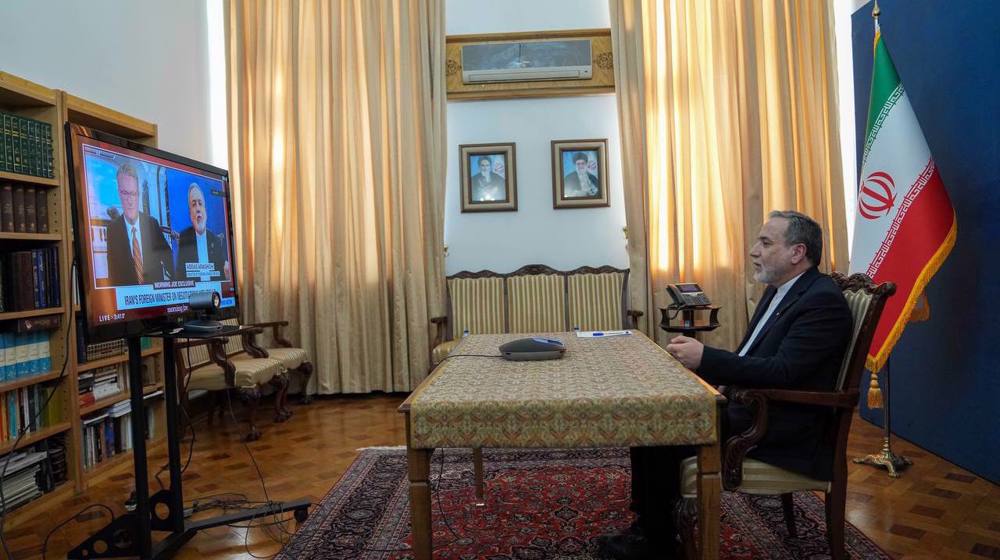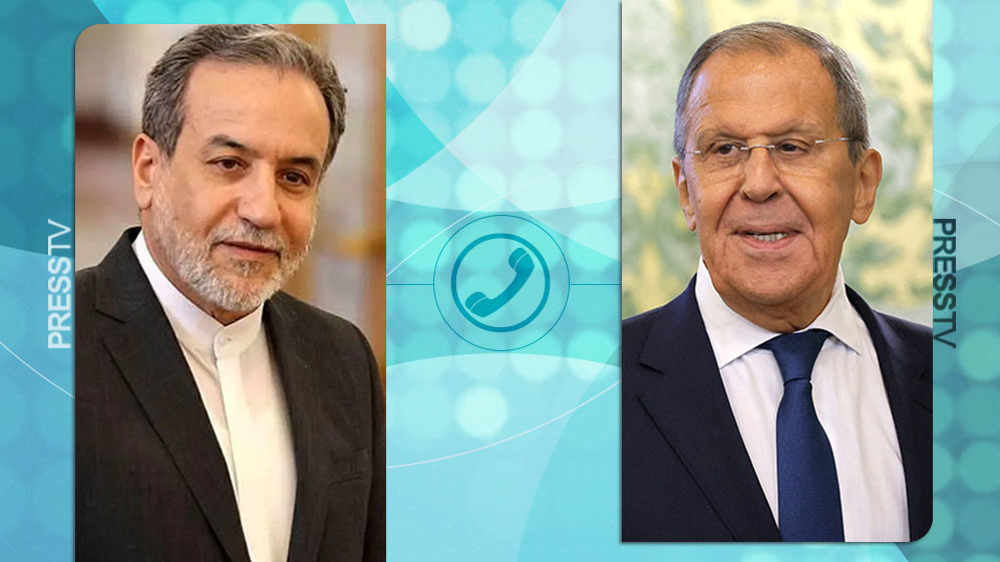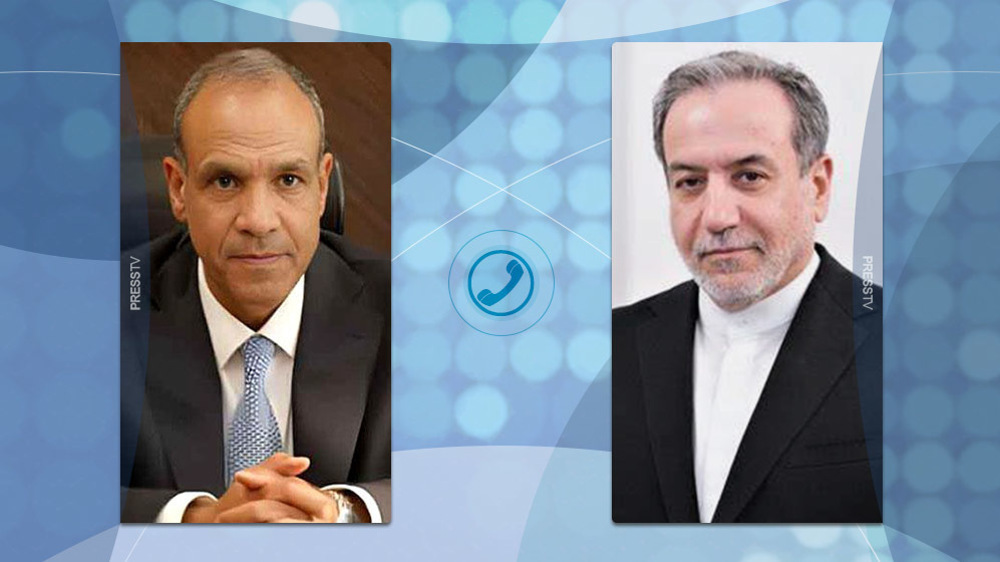Almost all Iranian missiles capable of pinpoint strikes: IRGC chief
The chief commander of the Islamic Revolution Guards Corps (IRGC) says nearly all Iranian missiles are now capable of pinpoint strikes and that the Islamic Republic will use them whenever necessary.
Iranian missiles hit Daesh headquarters in Syria’s Dayr al-Zawr province on June 18 in the first such attack on targets outside Iran, in which more than 170 Takfiri terrorists were killed and their heavy weapons and communication equipment destroyed.
In a televised interview aired Wednesday night, Maj. Gen. Mohammad Ali Jafari said, "I think the biggest message was that the missiles of the Islamic Republic of Iran could fly over a second country like Iraq and enter a third country like Syria and land in a very tight area of 50 x 100 meters."
“No one believed that the Islamic Republic’s missiles and the IRGC’s missiles could strike with pinpoint precision," he added.
"It is now several years since we announced that we have achieved this technology. Now, we promise to all Iranian people that almost all IRGC missiles are equipped with this technology,” Jafari said.
The missile attack came in response to a terrorist assault on June 7 when Daesh terrorists opened fire at ordinary people in Tehran, leaving 18 people dead and over 50 others wounded.
Jafari said the IRGC took the retaliation plan to Leader of the Islamic Revolution Ayatollah Seyyed Ali Khamenei who gave his blessing provided that it did not harm civilians.

Asked about the possibility of launching further such attacks, the commander said, “We will use them whenever necessary, especially for those who should understand and feel the threat from this capability of the Islamic Republic, [even though] they have already felt it.”
Jafari also emphasized that Iran’s missile and defensive capability was not negotiable, apparently referring to US pressures on the UN to bring Tehran's missile program under inspections similar to the Islamic Republic's nuclear activities.
“No one can bargain over this (missile capability) and the enemy will definitely take this wish to the grave,” he said.
No inspection of military sites
Jafari said “no authority in Iran, whether political or military, would allow outsiders to visit military sites under the pretext of the nuclear issue,” adding any pressure to this effect would further unite Iranian authorities and political currents.
In August, US Ambassador to the United Nations Nikki Haley traveled to Vienna, where the International Atomic Energy Agency (IAEA) is headquartered, to press the agency on access to Iranian military sites.
The move was regarded as an attempt by Washington to undermine the multilateral nuclear deal, known as the Joint Comprehensive Plan of Action (JCPOA).
The JCPOA was reached between Iran and the P5+1 group of countries, including US, Russia, China, France, Britain, and Germany, in July 2015 and took effect in January 2016. Under the deal, Iran undertook to put limitations on its nuclear program in exchange for the termination of all nuclear-related sanctions against Tehran.
Leader donates 50 billion rials to free financially struggling prisoners
Guardians of sky: How Iran’s radar network turned 12-day war into a blueprint for deterrence
The story of ancient Persia’s chromium steel
Iranian Navy chief calls for broader naval collaboration at MILAN 2026 naval exercise
VIDEO | Mini Iraq; A city in India that connects faith across borders
Pope skips America’s 250th anniversary despite Vance’s ‘in-person’ invitation
Iran condemns Israeli atrocities, ceasefire violations in southern Lebanon
US military buildup near Iran proves defeat in previous regional wars: Ansarullah
















 This makes it easy to access the Press TV website
This makes it easy to access the Press TV website